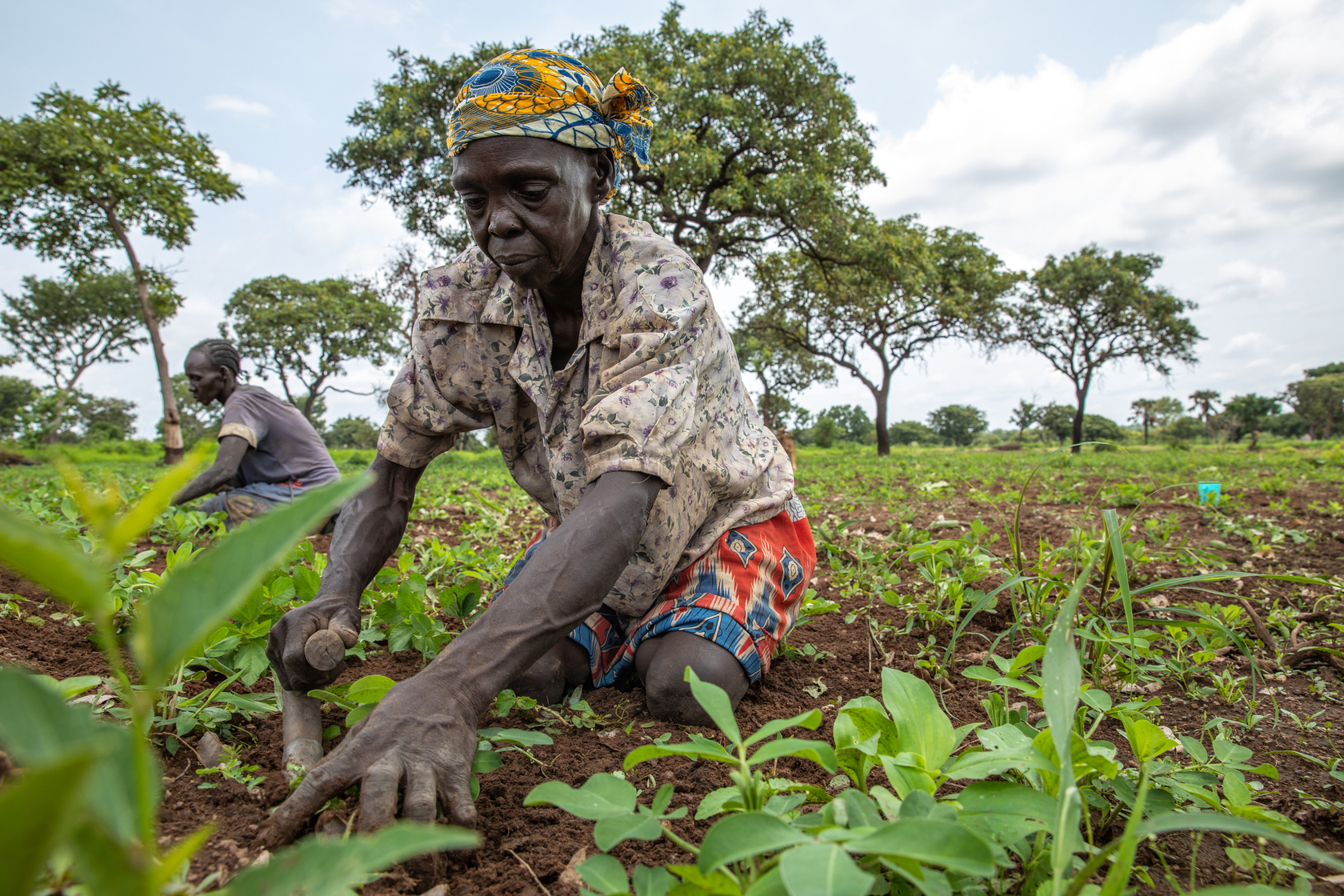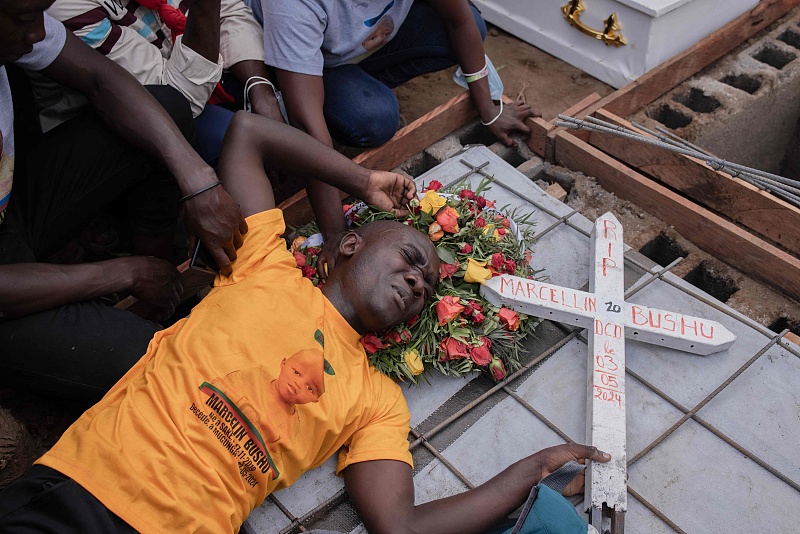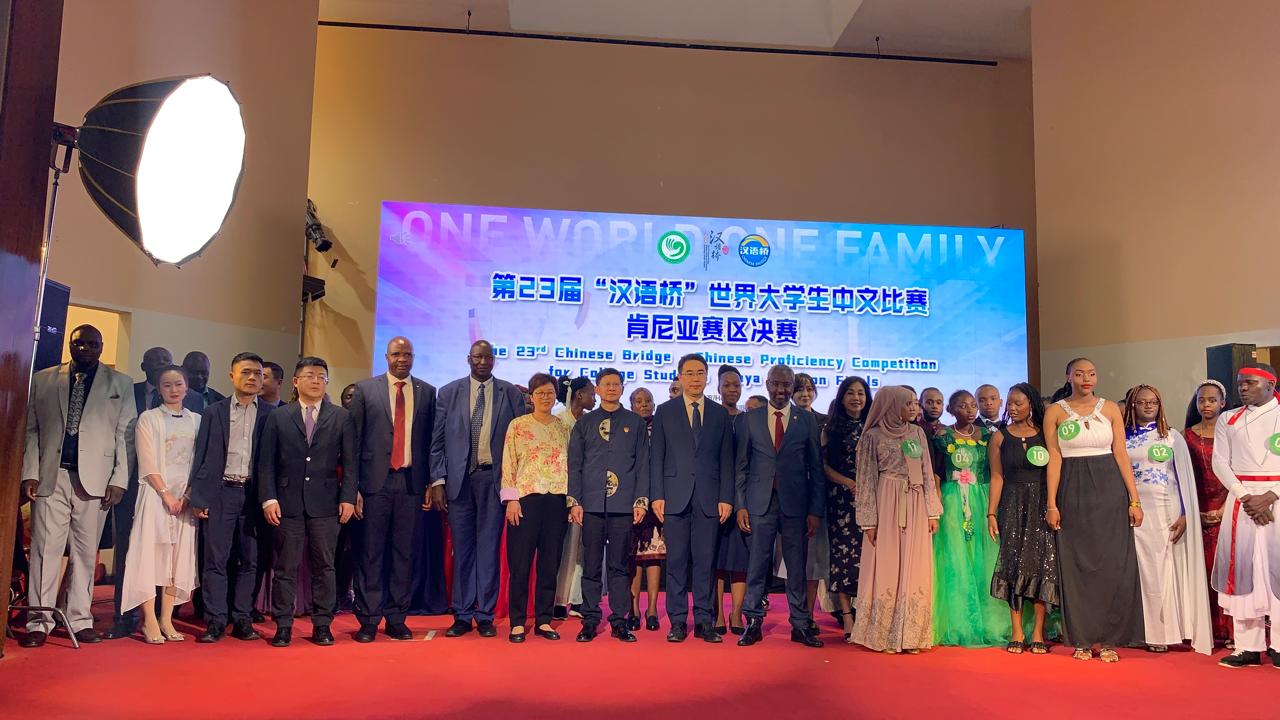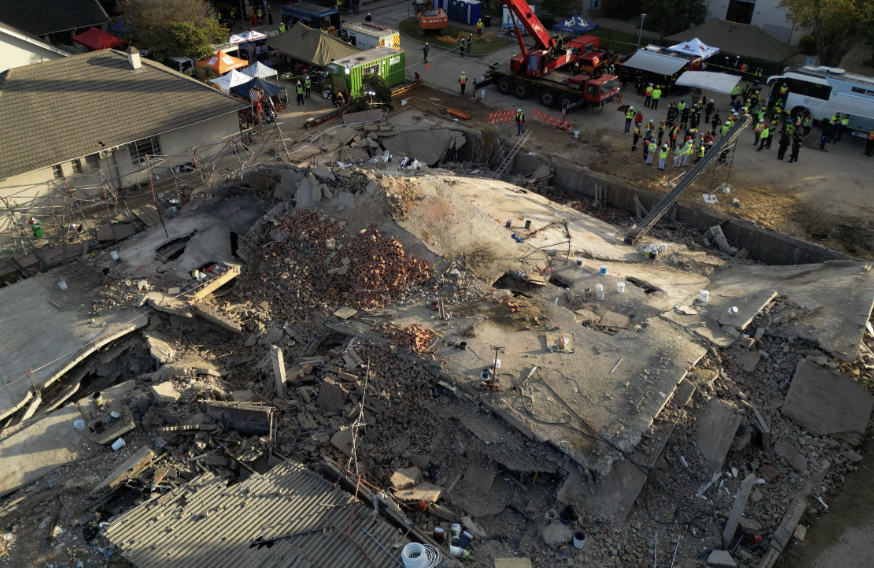The future of Madagscar’s children “mortgaged” by the political crisis?
The four year political crisis in Madagascar has resulted in the government cutting public services, many international donors withdrawing their support and the private sector reluctant to commitment themselves to significant investment.
In 2012 the World Bank published a report titled “Madagascar: Counting the High Costs of Inaction” , which looked at the impact of the political crisis on the people and economy of the country. Vulnerable segments of the society such as children were found to particularly affected. The number of children in primary school has declined and Millenium Development Goals (MDGs) such as the reduction of child mortality will not be reached by 2015.
One acute problem is child nutrition. Due to chronic mal-nutrition now 53% of children under 5 are stunted. CCTV Africa joined the UNICEF mission in the village of Manjakandriana, one of the areas where they are attempting to tackle the problem.
Another issue which impacts the young is a generation of “lost school children”. One in four children in the country never attend school and those that do often lose the motivation to complete their education.
There are many interlinking factors which can be attributed to the low attendance in Madagascar’s schools. Children are often relied on to contribute to a family’s income, there are few trained teachers and inadequate funds to pay for their wages.
Infrastructure for education also plays a role, as Ramimosoarica a 59 year teacher at a local village school explains. Rami has been teaching for 37 years and believes that the majority of the children in her village attend school. This in large part to external support, teachers’ wages and smart new buildings were funded by UNICEF and UNDP. Rami’s friends in the coastal areas she tells us have not been so lucky.
https://www.youtube.com/watch?v=GZU-QP1-2UE&feature=youtu.be
She says
We have a better situation (in my school). We have got help from UNICEF and training from UNDP.
My friends from the coastal region have had problems in times of cyclones. Children can’t go to school, their schools are blown away. They must have lessons under trees, in churches. They have to go to the toilet outside. It gives the students a lack of motivation so now many don’t go to school.
The people of Madagascar are hoping for a resolution of the crisis that has hampered their development these past four years. While voters look to the elections to solve the country’s challenges, the solutions must be developed quickly to ensure that further consequences are not felt by this generation of children.






